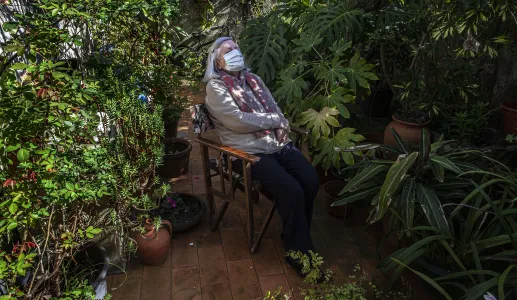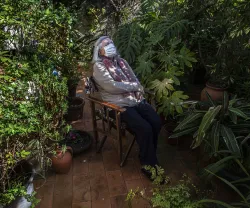Five years after the pandemic was declared, this collection revisits daily life during the first months of lockdown and the fight against Covid-19...


Five years after the pandemic was declared, this collection revisits daily life during the first months of lockdown and the fight against Covid-19...